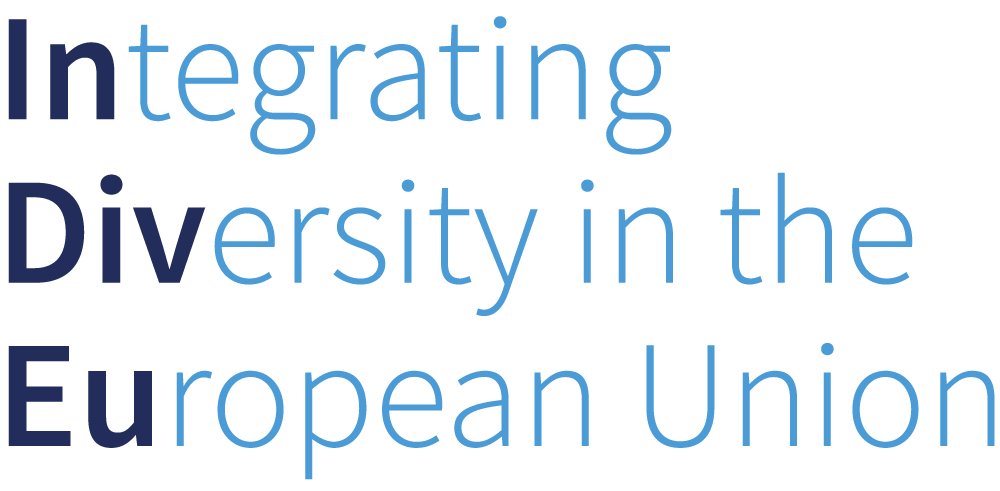On 28 May 2021, InDivEU researchers had the chance to present the preliminary results of their research to members and officials from the three groups of the European Economic and Social Committee.
Prof. Brigid Laffan (European University Institute, InDivEU coordinator) presented the InDivEU project to the EESC members. She outlined InDivEU’s building blocks, underlining that the project is designed and build on a bottom-up approach with four main elements: 1) Foundations of Differentiated Integration, 2) Evolution, 3) Zooming-in in particular policy areas, 4) Policy Advice and Designs on DI.
Prof. Frank Schimmelfennig (ETH Zurich, InDivEU scientifi lead) provided an overview of the causes and consequences of Differentiated Integration (DI). He presented the distinction between Internal Differentiation (member states do not participate in all EU policies) and External Differentiation (non-member states participate in individual EU policies). Prof Schimmelfennig then explained different patterns of the DI: Multi-speed integration (differentiation is temporary), Multi-tier integration (durable, core vs. periphery countries) and Multi-menu integration (durable, varying groups of members across policies). He underlined that, according to his research, there are two sorts of heterogeneity that drive DI: 1) based on different economic preferences and capacities and 2) based on different ideological preferences and identities.
Prof. Catherine De Vries (Vrije Universiteit Amsterdam and Università Bocconi) gave a presentation on public preferences for Differentiated Integration. When it comes to DI preferences and their drivers, her research investigates determinants of those preferences and examines if patterns in public opinion are mirrored by political parties and governments.
Giulia Bonacquisti (Trans European Policy Studies Association) presented the findings of a consultation that were conducted within the InDivEu project among national stakeholders in 7 EU Member States (Estonia, Finland, France, the Netherlands, Poland, Slovakia, and Spain). The aim was to gather insights from the national stakeholders on DI with a particular focus on 3 dimensions: feasibility, desirability and sustainability of DI. These consultations involved a wide range of national stakeholders like policy makers and servants, academics, business and interest groups, media and civil society. Methods used were participatory workshops, brainstorming groups, real-time polls, surveys.
The presentations were followed by a discussion with members of the EESC about the pros and cons of Differentiated Integration and its implications for the Future of Europe.
